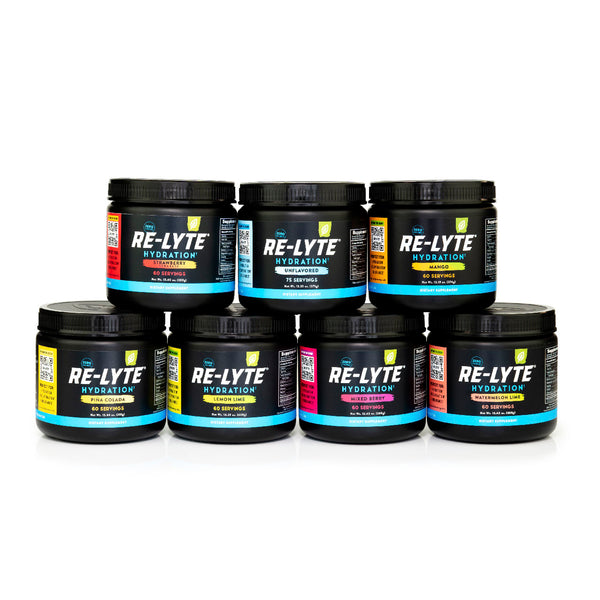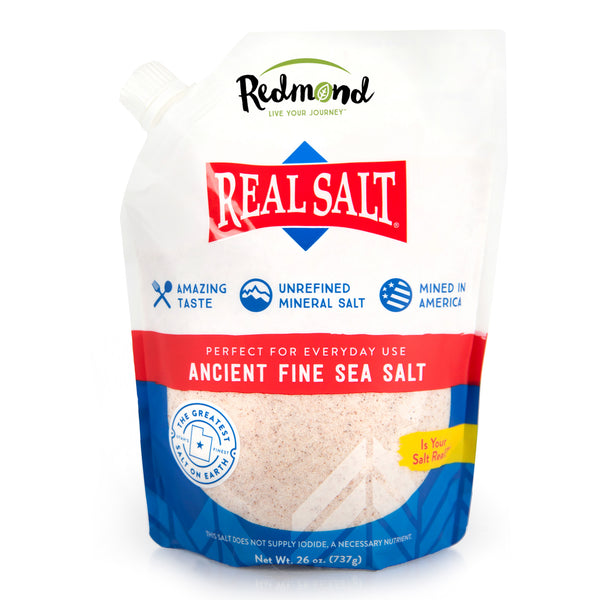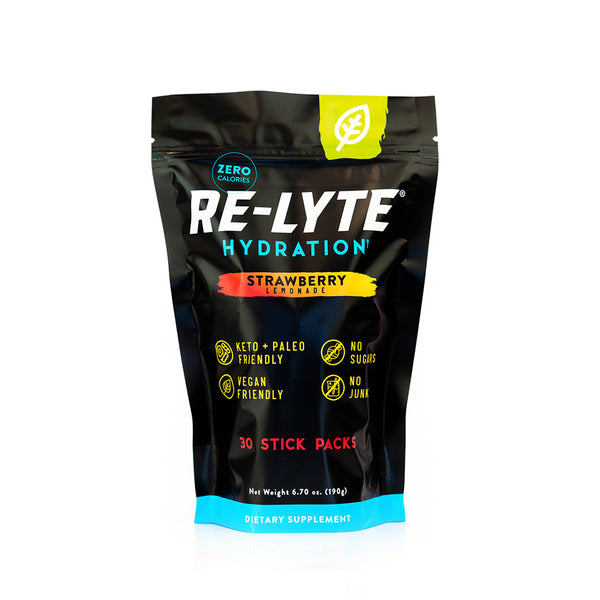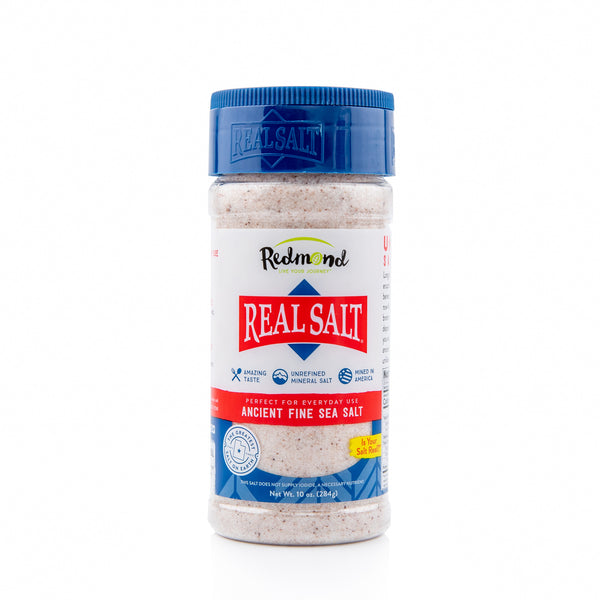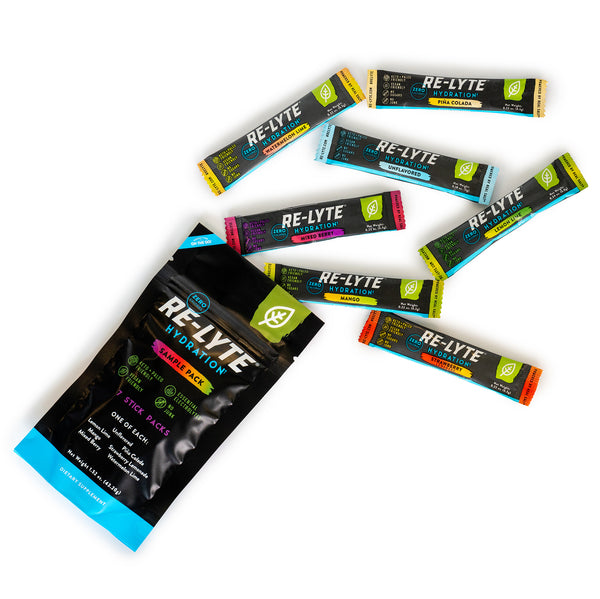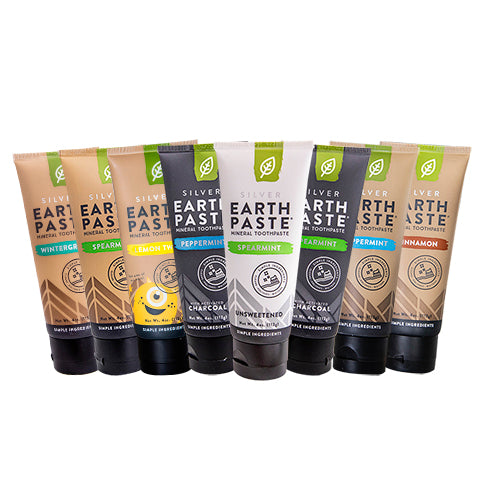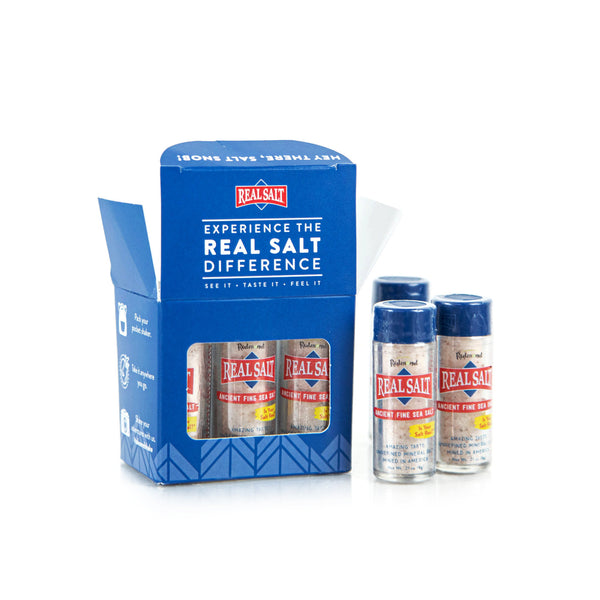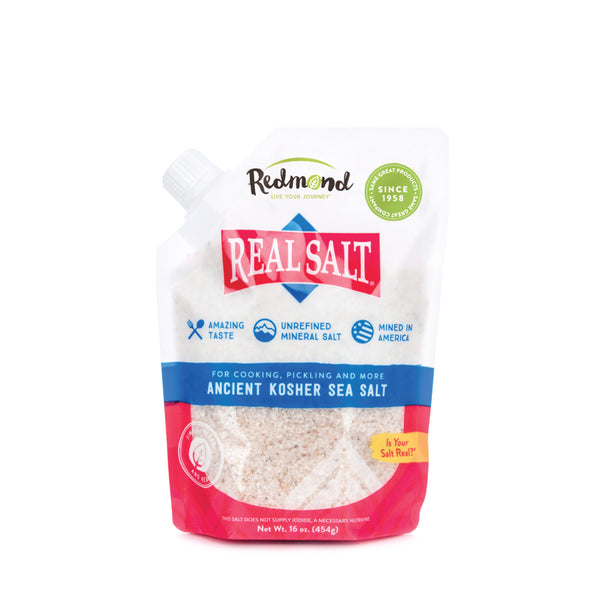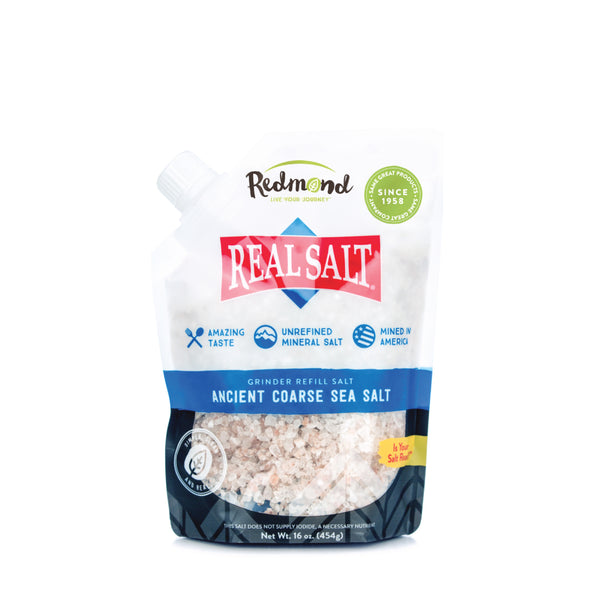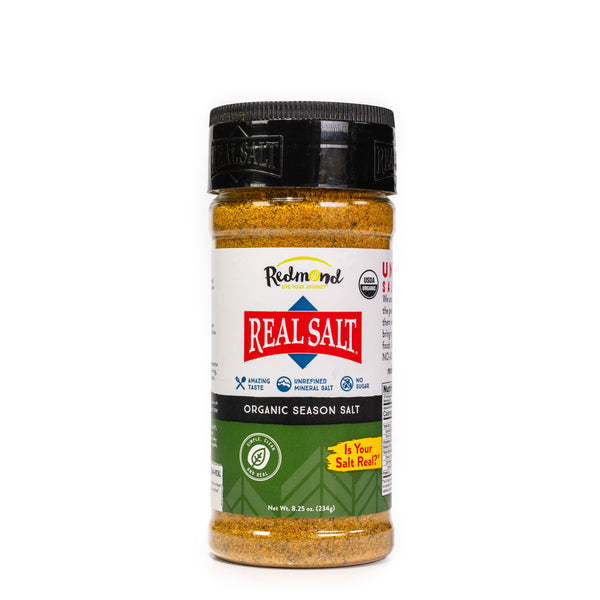4 Benefits of Taking a Pre-Workout Supplement

Article at a Glance:
- Pre-workout supplements are multi-ingredient supplements that you take before a workout to give yourself more energy, but they have a lot of other benefits too.
- The caffeine in pre-workouts can help you feel motivated and make working out feel less hard.
- Pre-workout supplements can improve athletic performance by at least 11-12% thanks to caffeine and nitric oxide agents like arginine, citrulline, or beetroot.
- Certain amino acids in pre-workouts can make your muscles feel less fatigued and give you more stamina.
- The BCAAs in pre-workouts can increase the rate muscle protein is created and slow down the breakdown of muscle protein, to support overall muscle health.
Love to work out but never tried a pre-workout supplement? Well, you’re missing out on a world of benefits.
A pre-workout is a multi-ingredient supplement you take before a workout to give yourself the energy you need to get moving. But the extra energy it gives you is only the tip of the iceberg.
Pre-workout supplements contain a variety of active ingredients that have a wide range of benefits that can make working out more fun and fruitful. Here are some of the specific benefits you can expect if you take a pre-workout before each sweat sesh.
The Top Benefits of Taking a Pre-Workout Supplement
1. You’ll feel more motivated.
Most pre-workout supplements contain a generous dose of caffeine (about 150 to 300 mg per serving). And caffeine can be a fantastic motivator. Whether you need to tackle a college term paper, do a deep clean on the house before the in-laws arrive, or get yourself out the door for your 6 am CrossFit class, caffeine can give you the motivation needed to get it done. Why?
It improves your mood by boosting the release of dopamine and it gives you more energy. You don’t need the IQ of Neil deGrasse Tyson to figure out that a “blah” mood and a lack of energy are going to make you feel less motivated…..especially when it comes to getting yourself to the gym.
Research also shows that caffeine makes exercise feel less hard. One recent study found that peddling a stationary bike for 30 minutes felt less difficult when people consumed caffeine than when they got a placebo. And if working out feels like less of a chore while you’re doing it, you’re more likely to want to do it again the next day (and the next, and the next). In other words, caffeine can help you create a positive fitness feedback loop that makes the decision to hit the gym every day feel like a no-brainer.
2. Your athletic performance may improve.
Sure, pre-workout supplements can get you to the gym more often. But the real magic happens once you start to sweat. Two large research reviews found that caffeine can improve physical performance during exercise by roughly 11-12 percent.
One 2016 study found that pre-workout supplements containing caffeine can significantly improve the maximum amount of power exercisers can exert during short-term physical effort. Caffeine is also proven to enhance focus, which can help you exercise harder and better. But caffeine isn’t the only ingredient in pre-workout supplements that keeps you crushing every workout.
Pre-workout supplements also contain nitric oxide agents like arginine, citrulline, or beetroot, which relax your blood vessels and improve blood flow throughout your body. This allows more oxygen and nutrients to make their way to your muscles. And studies show that when muscles get more oxygen and nutrients, exercise performance improves.
3. Your stamina could increase.
It’s natural to feel more tired the further you get into a workout. But a pre-workout supplement can stave off that frustrating mid-workout fatigue by boosting stamina levels.
Many pre-workouts contain beta-alanine, a non-essential amino acid that your body uses to create a substance called carnosine. Carnosine gets stored in your muscles and can stop lactic acid from accumulating while you’re working out. Lactic acid is the substance that makes your muscles feel sore and tired when you’re working out. When your muscles start feeling sore and fatigued, you get tempted to throw in the towel. By stopping lactic acid from building up, beta-alanine may help you work out longer without losing steam.
Creatine, another amino acid in pre-workout supplements, could support your stamina too. A 1998 study found that 6 grams of creatine could improve your performance during short-term power spurts in longer endurance aerobic activities. So, for example, if you wanted to sprint a few hundred yards every so often during a 5-mile run, creatine could help you do that better.
4. Your muscles will feel strong and supported.
A lot of pre-workout supplements contain branched-chain amino acids (BCAAs). Branched-chain amino acids are the essential amino acids leucine, isoleucine, and valine. Research shows that BCAAs can keep your muscles big and strong. How?
Well, the theory is, they increase the rate muscle protein is created and slow down the breakdown of muscle protein, which means more muscle overall. They also reduce muscle damage during exercise, which means more muscle and healthier muscle at that.
Like we mentioned above, some pre-workout supplements also contain nitric oxide agents that relax your blood vessels, improve blood flow, and deliver more oxygen and nutrients to your muscles. Muscles that receive more oxygen and nutrients are going to be healthier. Period.
Possible Pre-Workout Side Effects
We’re firm believers that a properly used pre-workout is one of the most effective tools in a fitness enthusiast’s tool belt. But that doesn’t mean that they’re for everybody or that they don’t have potential side effects.
The high dose of caffeine in pre-workouts can cause problems for some people. In fact, certain groups should avoid taking caffeinated pre-workouts altogether because of the high caffeine content, like pregnant and nursing women, children, and people with caffeine sensitivities. But even if you’re not in one of these groups, the high dose of caffeine in pre-workouts could cause side effects, like a case of the jitters or a major caffeine crash later in the day.
The beta-alanine in pre-workout supplements has an interesting side effect too. It can trigger something called paresthesia when you take it in doses over 2 grams. Paresthesia makes your skin feel itchy or tingly. Luckily, it’s totally harmless and should start to fade within 30 minutes or so. Some pre-workout supplement users even grow to love this feeling because it means the beta-alanine is binding to their body and doing its job.
Certain people experience digestive discomfort from pre-workouts as well. This side effect could be caused by a variety of ingredients in pre-workouts, but the most likely culprits are sodium bicarbonate, magnesium, creatine, or caffeine. A lot of people find that if they try a few different pre-workout formulas, they can eventually find one that works for their body and doesn’t cause digestive problems.
Mixing your pre-workout with too little water can also trigger stomach issues for some people. So try mixing your pre-workout with 8-12 ounces of water (that’s the amount we recommend for Re-Lyte Pre-Workout) rather than the usual 4-6 ounces many brands recommend. Drinking more water before a vigorous workout will only help you perform better anyway since hydration is so important if you want to stay fit and healthy.
If all those side effects have you wondering if a pre-workout is really for you, this article can help you decide. But if you have benefits on the brain rather than side effects and you’re ready to join the pre-workout party ASAP, we have a suggestion…
Try Our Clean Pre-Workout
We created Re-Lyte Pre-Workout because we couldn’t find a pre-workout that met our standards for simple, clean, real, and effective ingredients. It contains an optimized blend of active ingredients that give you the energy and stamina you need to crush your workouts, without any added sugar, artificial colors, artificial sweeteners, or other junk ingredients that don’t fit into your healthy lifestyle.
We recommend taking Re-Lyte Pre-Workout 15-30 minutes before you start your workout, so it has enough time to kick in. If you’re new to pre-workouts start slow. Try a half scoop in 8-12 oz of cold water and mix or shake well. If a half scoop doesn’t give you enough of a boost, try a full scoop next time. Once you figure out the right dosage for your body, you’ll be ready to tackle every workout with more enthusiasm, energy, and stamina than ever.
Sources:
- Caffeine, exercise and the brain: How 'doping' with psychoactive drugs can boost motivation— Sports Illustrated.
- The effect of acute pre-workout supplementation on power and strength performance— Journal of the International Society of Sports Nutrition.
- Effects of caffeine ingestion on exercise testing: a meta-analysis— International Journal of Sports Nutrition and Exercise Metabolism.
- Effects of caffeine ingestion on rating of perceived exertion during and after exercise: a meta-analysis— Scandinavian Journal of Medicine and Science in Sports.
- The effect of nitric-oxide-related supplements on human performance— Sports Medicine.
- Creatine supplementation in endurance sports—Medicine and Science in Sports and Exercise.
- Why Does Lactic Acid Build Up in Muscles? And Why Does It Cause Soreness?— Scientific American.
- 5 Side Effects of Pre-Workout Supplements— Healthline.
